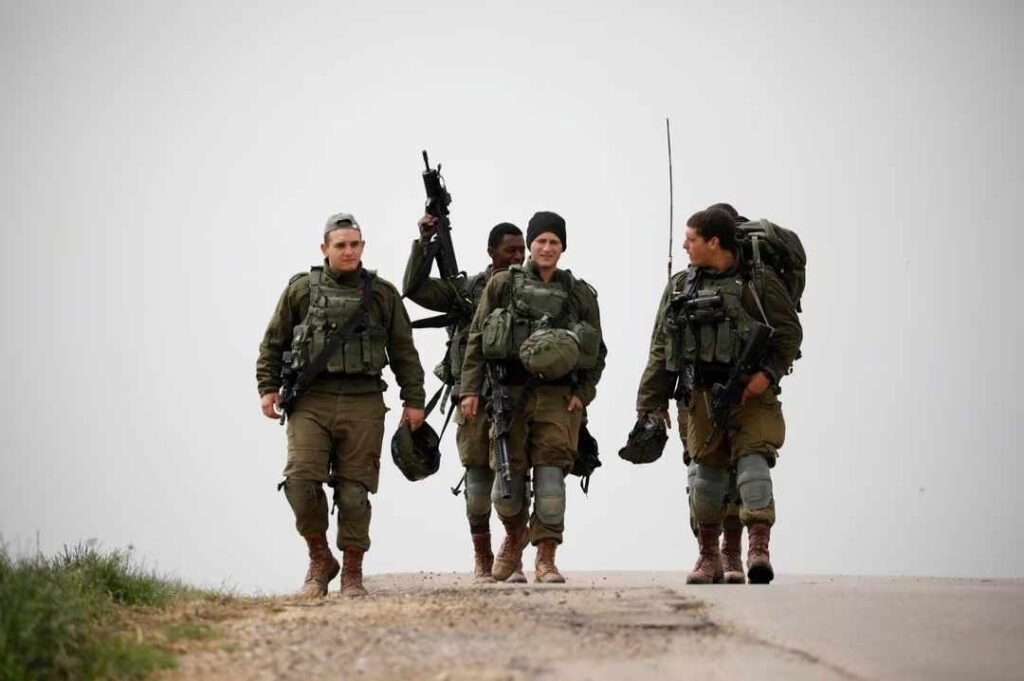When Israel declared war and called up 360,000 reservists in response to the assault near the Gaza enclave, individuals from various walks of life, including honeymooners and students abroad, swiftly answered the call.

Amidst the backdrop of Israel’s declaration of war and the subsequent call-up of 360,000 reservists in response to a Hamas assault near the Gaza enclave, a diverse array of individuals found themselves compelled to swiftly respond. These included individuals on their honeymoon, students studying abroad, and those in the midst of building new lives in foreign countries.
Notably, the immediacy and scale of the response were described as unprecedented by Yonatan Steiner, a 24-year-old who flew back from his tech job in New York to rejoin his army medical unit.
Nimrod Nedan, a 23-year-old studying medicine in Lithuania, shared a poignant perspective, expressing an inability to continue his studies while friends were fighting and his family required protection. This sentiment echoed among many, reflecting a profound sense of duty in the face of unexpected hostilities.
Hamas:- What is the Palestinian Group, which Attacked Israel?
Yonatan Bunzel’s situation added a layer of complexity. Having recently completed his military service and celebrating his demobilization with travels in India, he found himself overseas when the conflict escalated. Despite not being immediately obligated to return, his sense of duty prevailed, leading him to pack his bags and head home, transcending personal plans to contribute to the national effort.
Support mechanisms played a crucial role in facilitating the return of these individuals. Organizations like La’aretz secured seats for those like Bunzel, who faced challenges securing tickets from Dubai to Israel. Additionally, the concerted efforts of Israeli consulates and airlines, including El Al, were instrumental in bringing reservists back, even as international carriers suspended flights to Tel Aviv.
The use of WhatsApp emerged as a vital tool for coordination among Israelis abroad. Yedidya Shalman, for instance, shared insights into the use of WhatsApp groups globally, where individuals organized the logistics of their return. This digital coordination underscored the collective commitment to answering the call to duty, transcending geographical distances.
The mass mobilization, however, did not come without sacrifices. Lives were not only disrupted but, in some cases, upended. Oren Saar, a 37-year-old running a food delivery startup in New York, faced the challenge of balancing his burgeoning business with the urgent call-up. Despite the complexities, he articulated a resolute stance, emphasizing that there was no question about what to do when friends, family, and the country were at risk.
In essence, the response to the call-up reflected a deeply ingrained sense of duty, transcending personal circumstances, and showcasing a collective commitment to the defense of Israel in the face of unforeseen hostilities.
